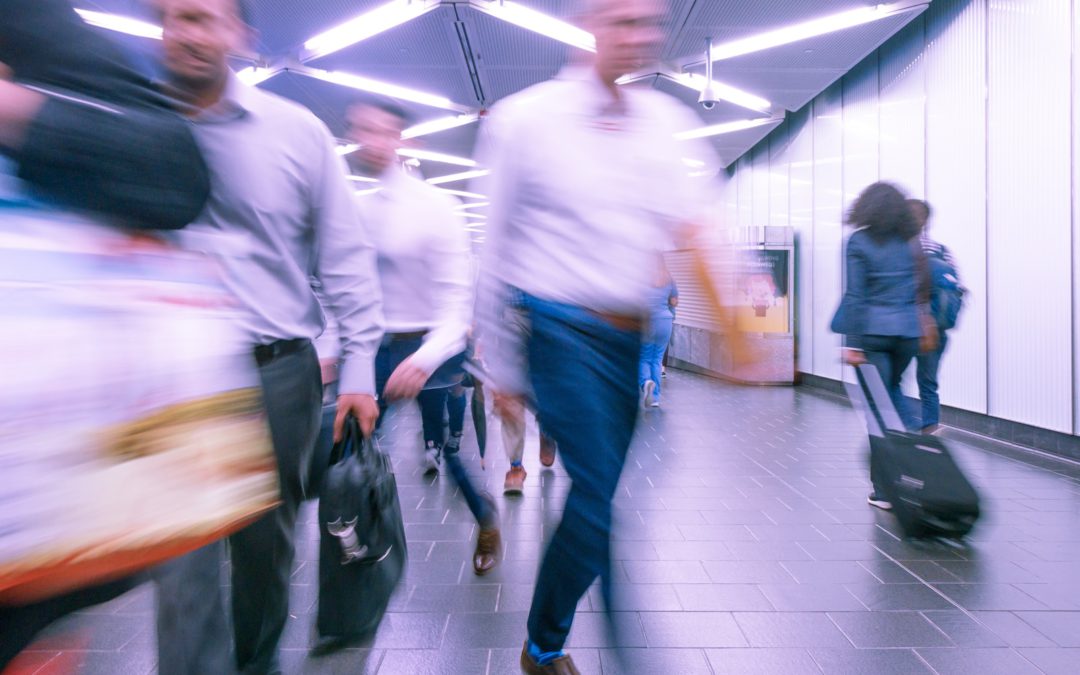The Great Reopening of travel is also increasingly looking like The Great Reckoning. Everyone agrees we can’t go back to our old ways, but those old ways certainly were profitable and convenient. The dilemma is more precarious than ever and yet the possible solutions abundant. What choices will we make?
Until last year, we were all tripping. In just 20 years, global tourism arrivals doubled, from 700 million in 2000 to 1.5 billion in 2019, until the abrupt halt in 2020. As tourism receipts ballooned so did noise, pollution and disruption, forcing tourism authorities and local communities into the dissonant position of having to weigh livelihood against livability, a balancing act typically leaning towards livelihood and economic growth.
Talk of overtourism isn’t new of course. Destinations have been ruminating about the implications of mass tourism for decades, while well-intended but often modest attempts have been made to mitigate its effects. Though the movement towards sustainability and mindful travel precedes the pandemic, this crisis did illustrate that once you remove mass tourism, even temporarily, a regenerative process promptly takes hold.
And that regeneration doesn’t limit itself to the tangible renewal of the natural world, but equally catalyses a more understated yet unmistakable renewal of purpose and intent in people and communities.
It turns out we really do value the sustainability of our cities and the preservation of our indigenous cultures and wildlife. We want to have a good time, but no longer at the expense of the very assets that offer us sustenance.
A new status quo
But intent without action is hollow. As we are on the verge of The Great Reopening we find ourselves at a treacherous crossroads, one road circling right back to our pre-pandemic excesses and the other leading us to – quite literally – greener pastures.
Unsurprisingly, a swift return to the old status quo is the quickest path to riches, even as it gnaws at our conscience and erodes our biosphere. In the context of travel and the inevitable consumption and waste that accompanies it, each of us is now faced with a question we probably hadn’t considered very often in the past: is travel a right or a privilege?
We are collectively grappling with a precarious dilemma: how can travel not be a right when the history of our species is rooted in mobility and exploration? Had we not been compelled to look beyond the horizon for tens of thousands of years, it is likely we would not have survived. The existence of culture, commerce and collaboration is predicated on the emergence of travel. Therefore, travel must be a right, if not in some sense even an obligation.
And yet, manifestly, the travel-as-a-right thesis is riddled with societal and environmental sacrifices we are no longer willing to accept, especially if, as projected, the world will witness the influx of hundreds of millions of new travellers from emerging markets, all just as eager to explore and consume. Surely if travel is a right, then everyone has that right?
Fork in the road
On the other hand, if we were to agree that travel is indeed a privilege, the implications could be profoundly transformative, for better or worse.
An alternative could be that while we all travel, we do so in a way that gives nature a chance to thrive while keeping our regions livable and affordable for the local communities that imbue our towns and cities with soul and character. We would continue to enjoy the delights of exploring new cultures, but in a way that doesn’t involve an unbearable and irreversible strain on our greatest treasures.
If we can agree that this outcome is considerably more desirable then all that remains is to work out how to achieve this equilibrium. I believe we can, and much faster than we were perhaps led to believe by those with a vested interest in maximising profit over sustainability. Just look at the speed at which vaccines were created and approved, a feat previously thought impossible. When focus, creativity, commitment and technology meet, we can accomplish anything.
Goodwill aplenty
The good news is that investment capital, ambition, talent and goodwill are abundant, right when many destinations and tourism companies are determined to take a leading role in this transformation.
The Dubai Sustainable Tourism initiative was set up to position the emirate as a world leading sustainable tourism destination and commercial hub, while Accenture’s Dubai Tourism Innovation Hub acts as a lodestar for tourism and hospitality businesses across the region, to name just two prominent initiatives.
We should expect to witness a tremendous acceleration of such initiatives in the months and years to come as sustainable and mindful tourism become badges of honour and major drivers of economic growth in this industry. Every city and territory in the world will want to be seen as a pioneer on the leading edge throughout this transformation.
It is heartening to witness a crescendo of commitments across the MENA region, with governments as well as a growing contingent of private sector players intent on bringing swift and enduring change to an industry too often perceived as part of the problem. Best of all, there’s a real determination to solve these pressing problems without sacrificing economic prosperity, a challenge that has thus far held the industry back from lasting change.
But institutional and governmental ambition is futile without the support of you, the business travellers, families and explorers who wield the ultimate power and influence over which way the needle will tilt. So as we collectively get ready to once again walk down the aisle in pursuit of fortune, adventure or relaxation, let us be the instigators of a positive feedback loop that starts with each one of us and with every choice we make next.
So is travel a right or a privilege? Both if we get this right, but the time is now.
Bon voyage.
Originally published in Arabian Business | view the original


Recent Comments